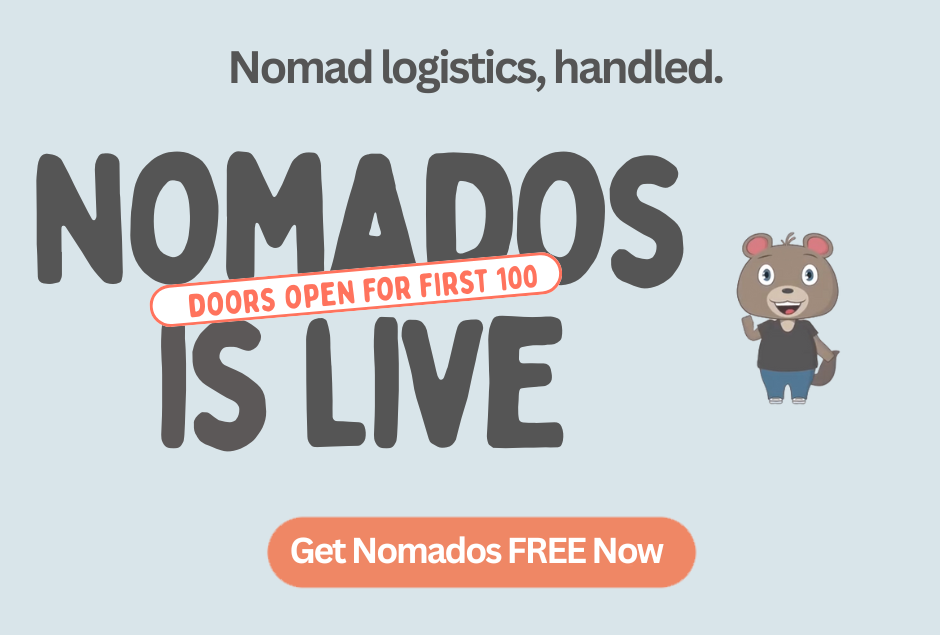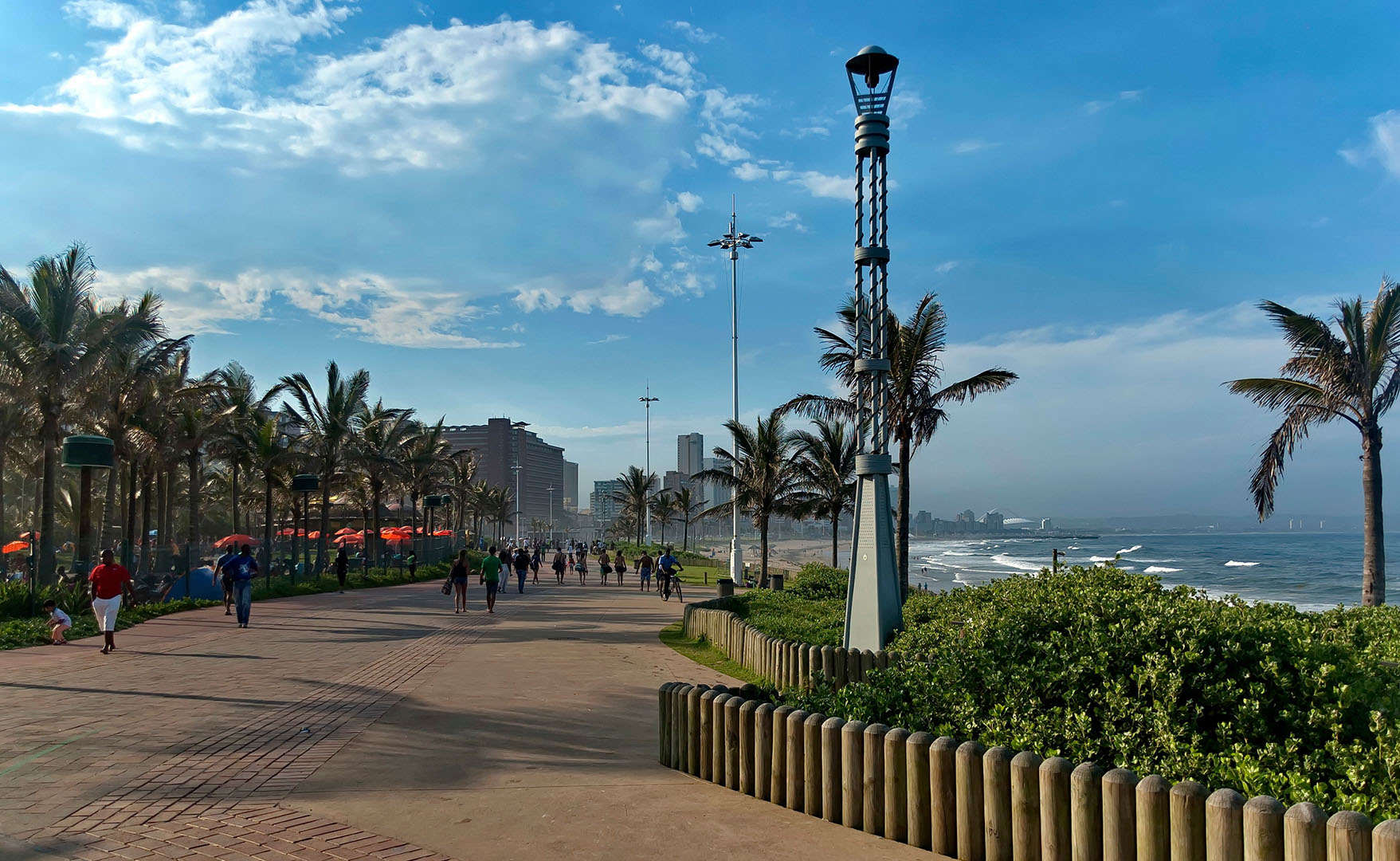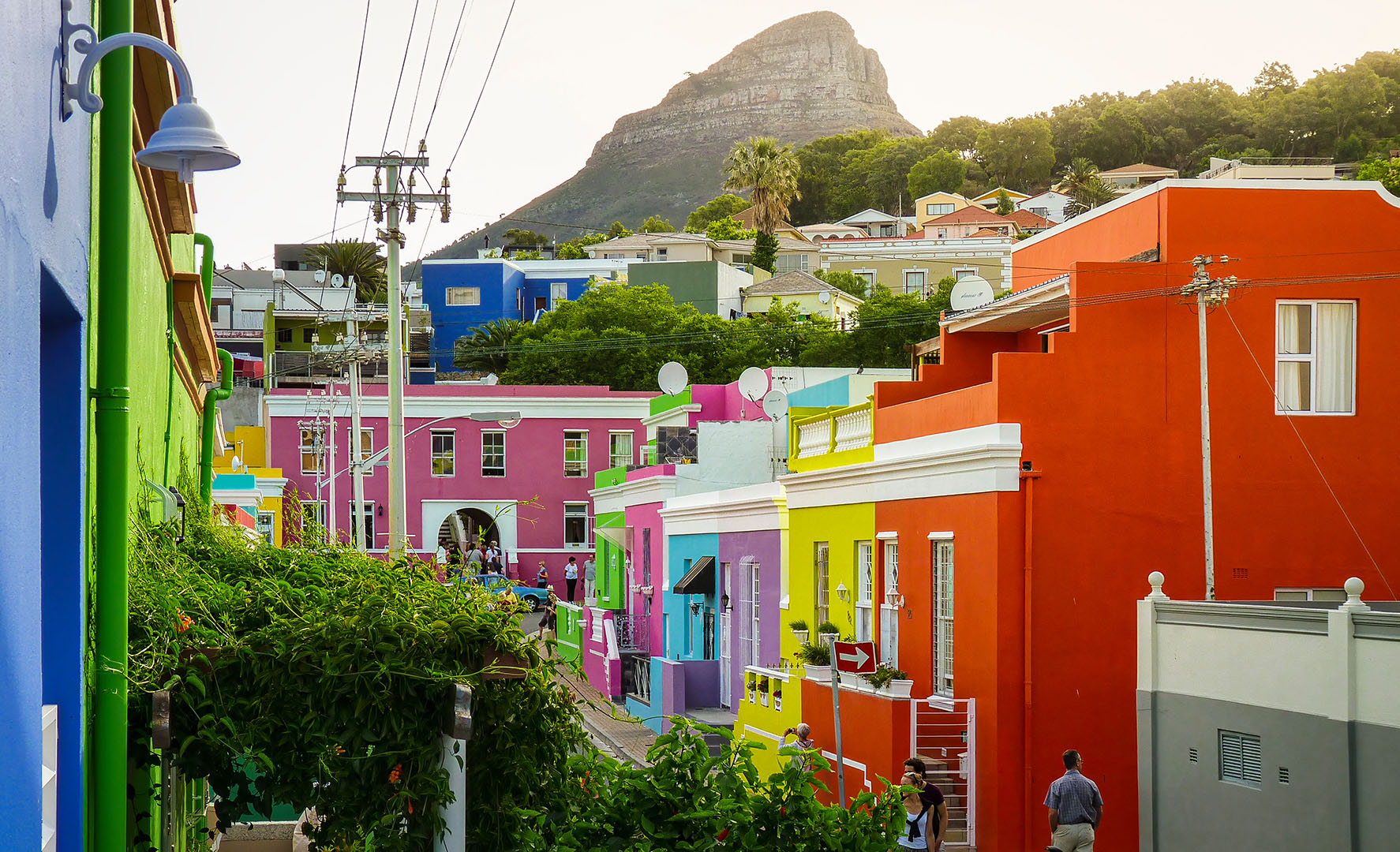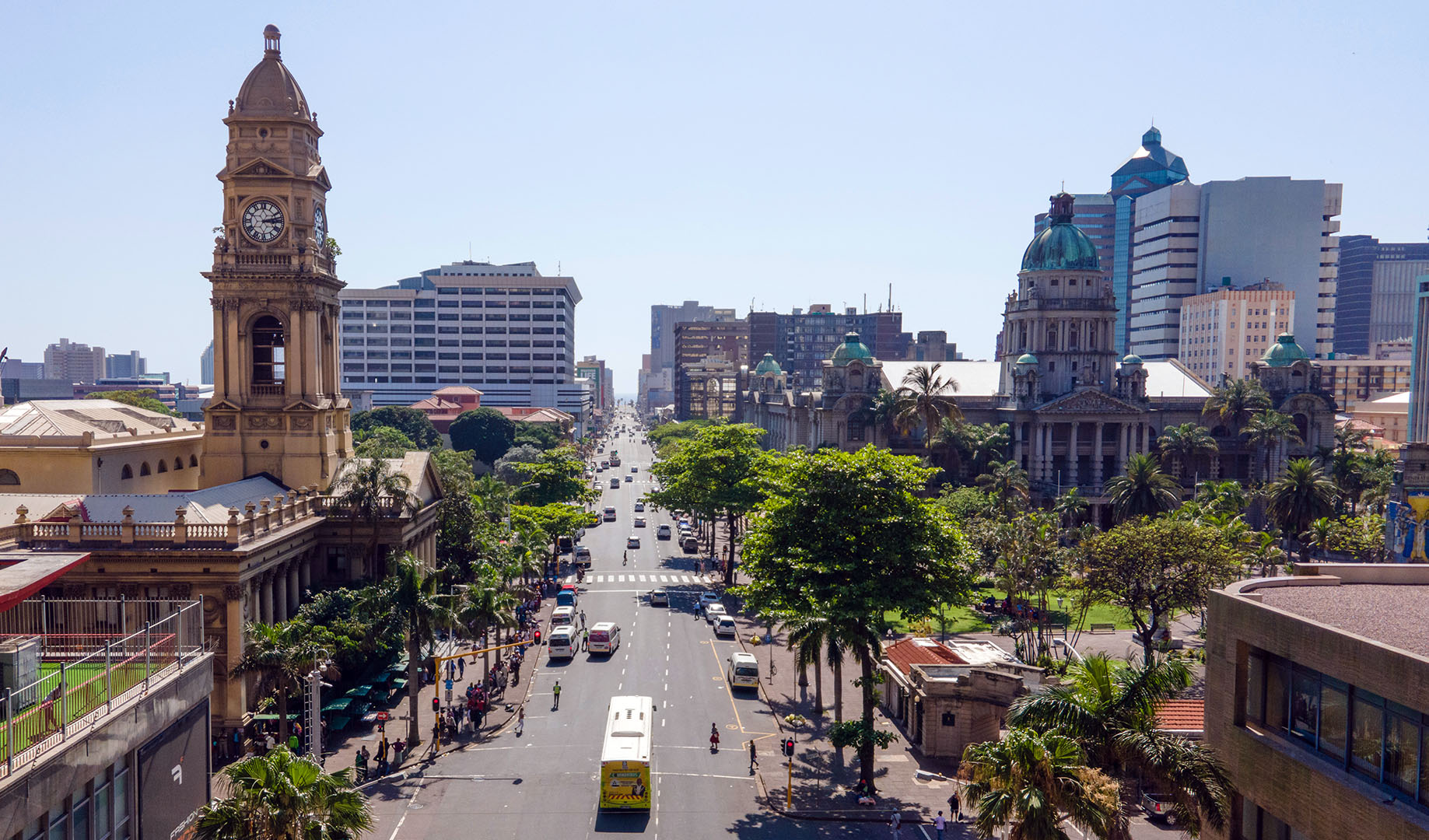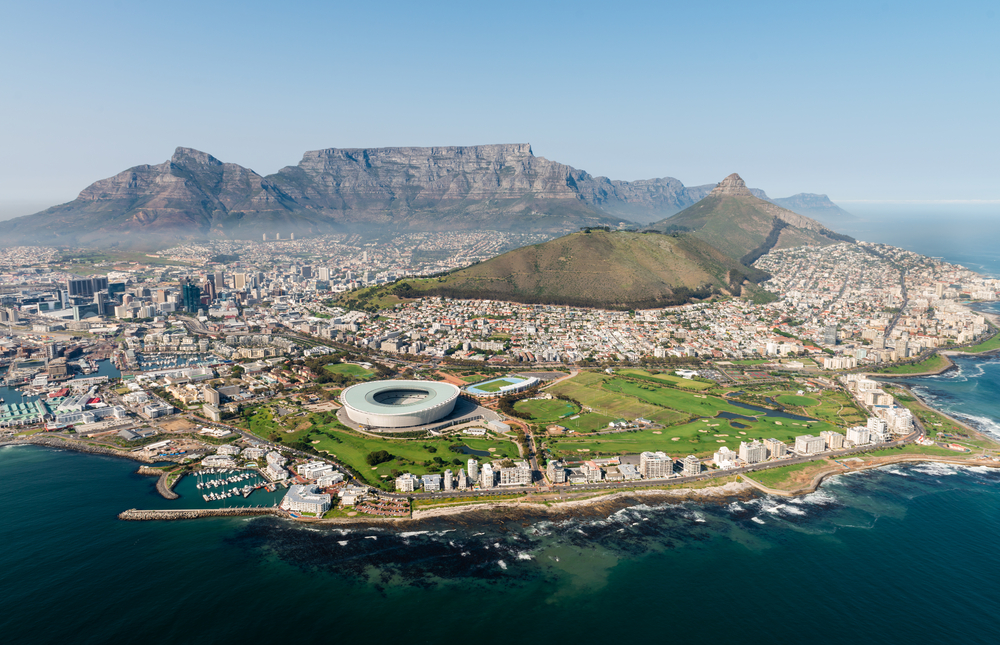Is South Africa a good destination for digital nomads?
South Africa might not be the first place that comes to mind when planning a remote work lifestyle—but it’s rapidly becoming one of the most dynamic and affordable destinations for digital nomads. With English as a primary language, breathtaking scenery, strong urban infrastructure, and a newly launched digital nomad visa in 2024, South Africa offers a compelling base for remote professionals looking to combine nature, culture, and connectivity.
South Africa launched its official digital nomad visa in 2024. It allows remote workers earning at least $3,000/month to live in the country for up to one year, with the possibility of extension. Most nationalities also get 90 days visa-free. Expect monthly living costs between $1,000 and $2,000 depending on location. Cape Town and Johannesburg are the top hubs, with strong Wi-Fi, a thriving coworking scene, and access to both mountains and coastline.
Digital Nomad Visa Overview for South Africa
South Africa officially launched its Remote Working Visa in 2024 as part of an effort to attract skilled global talent and stimulate long-stay tourism. Here’s how it works:
Eligibility Criteria
✅ Must earn at least USD $3,000/month (or equivalent in foreign currency)
✅ Must work for a company outside South Africa or be self-employed
✅ Proof of income, employment, and international health insurance required
✅ Clean criminal background
✅ Valid passport with at least 6 months remaining
Visa Length & Renewability
- Valid for up to 1 year
- Extensions may be possible, though multi-year pathways are still being evaluated
Application Process
- Apply through your local South African embassy or consulate
- Submit supporting documents and application fee
- Processing time: 4–6 weeks
Alternative Options
Most nationalities can enter visa-free for 90 days, and some remote workers choose to exit and re-enter while staying compliant with immigration rules. However, for long-term stays and legal clarity, the new digital nomad visa is the recommended route.
Best Cities for Remote Work in South Africa
Cape Town
Cape Town is the most popular choice for digital nomads in South Africa—and for good reason. With its iconic Table Mountain, sprawling beaches, and proximity to vineyards and nature reserves, the city offers a lifestyle that blends outdoor adventure with urban convenience. Coworking spaces are plentiful, with options like Workshop17, Ideas Cartel, and Cube Workspace offering fast internet, backup power, and networking events.
The city’s neighborhoods each offer something different: Sea Point and Green Point are popular with expats for their walkability and sea views; Woodstock is more artsy and up-and-coming; while the Southern Suburbs are quieter and more residential. Cape Town also has a strong café culture, with many laptop-friendly spots serving excellent coffee and local fare.
Power outages (load shedding) can be a challenge here, so it’s wise to choose accommodation or coworking spots with generators or UPS systems. While Cape Town has a relatively high cost of living compared to other parts of South Africa, it’s still far more affordable than most Western cities.
Johannesburg
Johannesburg (or Joburg) is South Africa’s financial and entrepreneurial engine—fast-paced, sprawling, and rich with creative energy. It’s a hub for startups, media, and tech, and remote workers who thrive in an urban environment will appreciate the fast internet, growing coworking scene, and strong air travel connections.
Key neighborhoods for digital nomads include Rosebank (home to WeWork and other sleek coworking options), Sandton (the business district), and Melville (known for its bohemian vibe and student-friendly cafes). Compared to Cape Town, Joburg is less touristy and more business-focused, with a pulse that feels more like Lagos or Nairobi than a coastal getaway.
Safety is a bigger concern here, but with proper precautions—like choosing gated or secure housing, using ride-hailing apps, and avoiding certain areas after dark—Joburg can be a rewarding and highly productive base. It’s also one of the best-connected cities on the continent, with direct flights to major hubs across Africa and Europe.
Durban
Durban offers a completely different vibe—warm, tropical, and more relaxed. It’s South Africa’s third-largest city and has a strong Indian influence, seen in everything from its architecture to its famous curries. Located along the Indian Ocean, Durban is great for nomads who want access to year-round beaches, surf culture, and a slower pace of life.
While its coworking infrastructure isn’t as developed as Cape Town or Joburg, there are still solid options like The Sett and SmartXchange, and many apartment rentals offer fiber internet. The cost of living is lower here, making it attractive for budget-conscious nomads or those looking to stay for an extended period without breaking the bank.
Durban’s subtropical climate means warm winters and humid summers, and the city is less impacted by load shedding than other major hubs. It’s a solid choice for digital nomads who prioritize affordability, coastal living, and a multicultural community without the hustle of a bigger city.
Cost of Living in South Africa for Nomads
South Africa offers exceptional value for remote workers earning in foreign currencies. Living costs vary by city and lifestyle, but here’s a rough breakdown:
| Expense | Cape Town | Johannesburg | Durban |
|---|---|---|---|
| Monthly Rent (1BR apt) | $600 – $1,200 | $450 – $900 | $400 – $800 |
| Coworking Membership | $100 – $200 | $80 – $150 | $60 – $120 |
| Mobile Data + Internet | $30 – $50 | $25 – $45 | $25 – $40 |
| Dining Out (Meal) | $8 – $15 | $6 – $12 | $5 – $10 |
| Total (est. monthly) | $1,200 – $2,000 | $1,000 – $1,700 | $900 – $1,500 |
South Africa’s affordability is a major draw—but load shedding (rolling power outages) can add costs for backup Wi-Fi or generators, especially in Cape Town.
Coworking & Internet
Internet Quality
Major cities in South Africa offer reliable, fast fiber internet in most urban neighborhoods. Speeds range from 50 to 200 Mbps, with fiber widely available in coworking hubs and high-end rentals.
Coworking Spaces
Coworking has grown rapidly, especially in Cape Town and Johannesburg. Notable spaces include:
-
Workshop17 (Cape Town, multiple branches)
-
Ideas Cartel (Cape Town)
-
Spaces (Johannesburg and Cape Town)
-
WeWork (Rosebank, Johannesburg)
Many cafes are also laptop-friendly, but power outages make dedicated coworking with backup power a safer bet.
- Entel (best coverage)
- Movistar (strong in cities)
- WOM (cheaper plans)
You can buy a prepaid SIM at the airport or a corner kiosk with your passport. Plans with 10–20GB of data cost around $10–15 USD.
Coworking Spaces
In Santiago and Valparaíso, you’ll find modern coworking hubs like:
- Co-Work Latam
- La Maquinita
- Urban Station
Many offer flexible day passes, hot desks, and high-speed internet. Outside the cities, cafés and Airbnbs are more common than dedicated spaces.
Lifestyle & Safety
Lifestyle
South Africa offers one of the world’s most diverse landscapes—mountains, vineyards, beaches, and wildlife reserves all within driving distance. The culture is multilingual, the people warm, and the food scene is rich with global and local flavor. It’s ideal for nature-loving remote workers who want a deeper travel experience without leaving urban comforts behind.
Safety
Safety can be a concern, particularly in Johannesburg. Like many major cities, risk depends on neighborhood and behavior. Stick to known safe zones, avoid walking alone at night, and always consult locals or expat groups for real-time advice.
Cultural Notes
-
English is widely spoken, especially in urban areas
-
Tipping is expected in restaurants (around 10–15%)
-
South African time is relaxed—expect a slower pace
-
Power outages (load shedding) are part of daily life—invest in a UPS or mobile Wi-Fi router
FAQs About South Africa for Digital Nomads
Can I work remotely in South Africa without a visa?
Yes, most nationalities get 90 days visa-free, but if you plan to stay longer, the Remote Work Visa is recommended.
How long does the nomad visa take to process?
Applications generally take 4 to 6 weeks through a South African consulate.
Is Cape Town or Joburg better for remote workers?
Cape Town is more scenic and relaxed, while Joburg is more connected and business-focused. Both have strong internet and coworking options.
Is South Africa cheap for digital nomads?
Yes—if you earn in dollars or euros, your money goes far. Rent, food, and transportation are all lower than in most Western countries.
Is it safe to live in South Africa?
Yes—with awareness. Choose secure neighborhoods, avoid isolated areas after dark, and use common sense like in any major city.
Connect with fellow location-independent professionals by joining our exclusive Nomados Digital Nomad Community for ongoing support, insider tips, and updates to enhance your borderless lifestyle.
South Africa is one of the most visually stunning, culturally rich, and unexpectedly practical bases for digital nomads. With a new visa in place, strong English fluency, and one of the lowest costs of living among countries with stable infrastructure, it’s a destination worth serious consideration.
If you can handle a little unpredictability (and plan around power cuts), South Africa rewards remote workers with unforgettable landscapes, vibrant city life, and a thriving digital community that’s just beginning to take shape.

